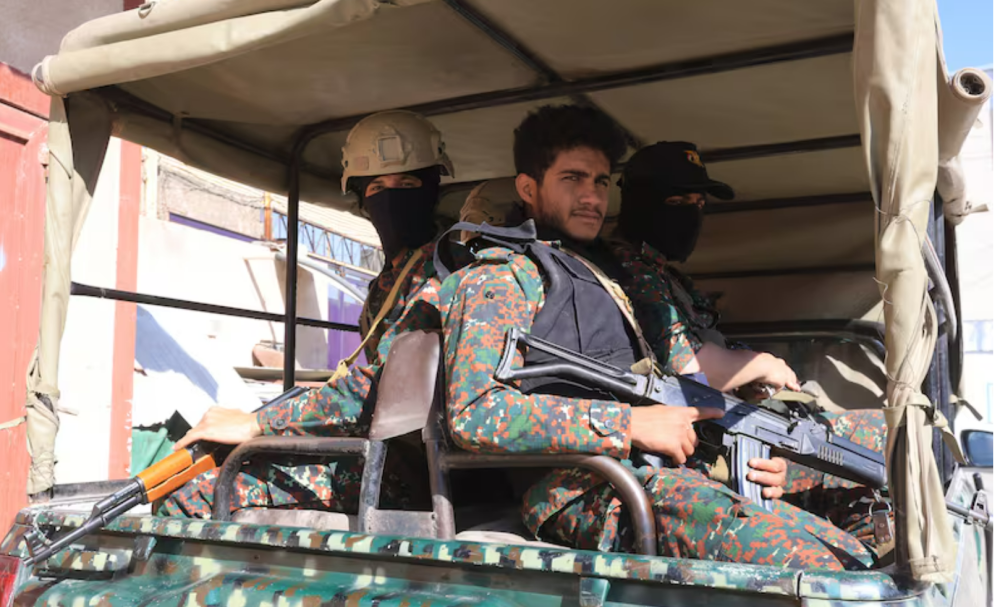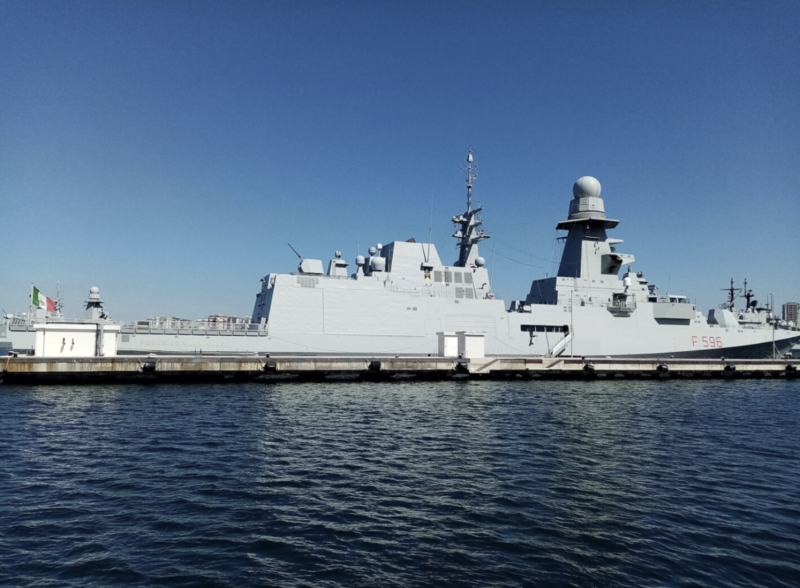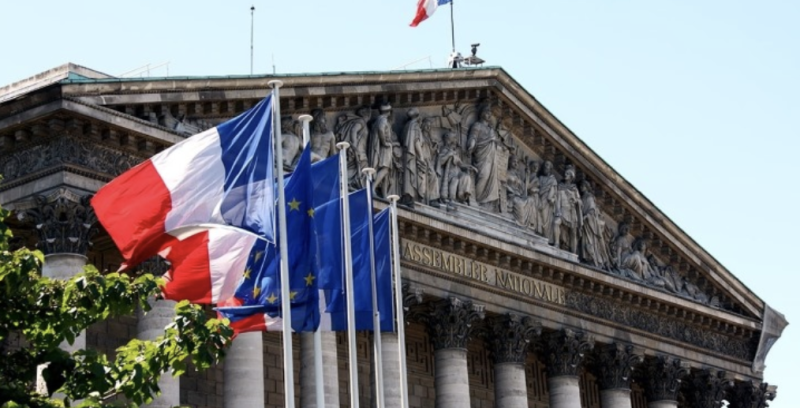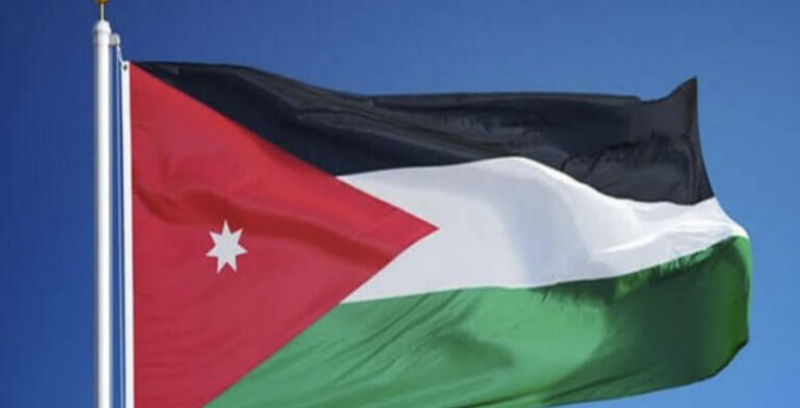Death of UN worker in Houthi prison will not stop organisation from operating in Yemen, says senior official


The UN will not halt its operation in Yemen after the death of a UN worker in a Houthi prison last week, the UN Resident Co-ordinator to the country said on Sunday, as the agency looks to find ways to set up in Saada governorate again.
The UN suspended work in the Houthi-held area of Saada after dozens of its workers were detained by the Iran-backed group, most recently a group of seven World Food Programme staff on January 23. One of these men, named Ahmed, died in custody but the reason for his death is unknown.
“We are not suspending our operations in Yemen,” said UN Resident Co-ordinator to Yemen Julien Harneis told a press conference in Amman on Sunday. “We paused our operations in Saada because 10 per cent of our office was detained there on January 23 … The logical conclusion is clearly we don't have the operating environment there.”
The suspension of activities in Saada, where seven UN agencies operate, came in an announcement by Secretary General António Guterres the day before Ahmed's death was announced.
Mr Harneis, attending the Yemen International Forum in the Jordanian capital, said the decision was made to find security guarantees from the de facto authorities there in the hope that work will resume. The UN has called for an investigation into Ahmed's death on more than one occasion, he added.
“The secretary general called for an investigation. I wrote to the authorities asking for a complete investigation, which includes forensics. Then I met with (Houthi Foreign Minister) Jamal Amer who committed to doing an investigation,” he said. “He made that commitment at the same time our colleague was buried.”
Mr Harneis said the family had made a decision to bury Ahmed, adding that any detained UN staff members continue to receive salaries even after their contracts expire.
Espionage accusations
The Houthis have often accused the people they detain of espionage, a charge the UN denies. The group has regularly arrested aid workers since the start of the conflict in 2014, when the group took control of capital Sanaa.
“They see [our people] as a threat to their leadership because of announcements by member states that had spoken about intentions to assassinate their leadership and destroy their infrastructure,” Mr Harneis said, seemingly referring to a January threat by Israeli officials to take this step. But he maintains that detaining UN employees will not affect decisions made by “powerful member states”.
Regardless of how hostile the environment gets, Mr Harneis said the UN's mission is to carry out life-saving work in Yemen, across the conflict's lines, dismissing any moves to shift the bulk of its work from Sanaa to the temporary capital of the internationally recognised government in Aden.
The question of shutting down operations in Sanaa, he said, would be to ask: “How many people would you want to die?”
“It means that one and two-year-old children won't get the nutrition services they need and when cholera hits again – and it will hit again this year – there will be nobody to support them in cholera treatment centres and health centres that provide vaccines.”
Humanitarian needs in Yemen this year have risen, with 19.5 million people – around half of Yemen's population – requiring assistance, the UN said.
“We're not in Sanaa for cultural reasons or because we like the buildings. We're there because there are millions of Yemenis who require assistance and a big area is under the control of Sanaa.”
Mr Harneis said that for now, the UN humanitarian mission is looking at ways to simplify its operations to reduce any room for misunderstandings or anything that would “trigger” arrests.
“It would be very easy to leave. The difficult thing is staying … because we know that children will die if our assistance stops. What we are doing is looking to see what the situation is and how can we reorient ourselves to reduce our vulnerabilities.”

Red Sea — The European naval mission tasked with safeguarding international shipping lanes announced that an Italian frigate operating under…

Paris – The French Ministry of Foreign Affairs issued a statement expressing deep concern over the situation in Yemen, while reaffirming its…

Amman – Jordan’s Ministry of Foreign Affairs and Expatriates issued a statement on Wednesday underscoring the Kingdom’s close mon…